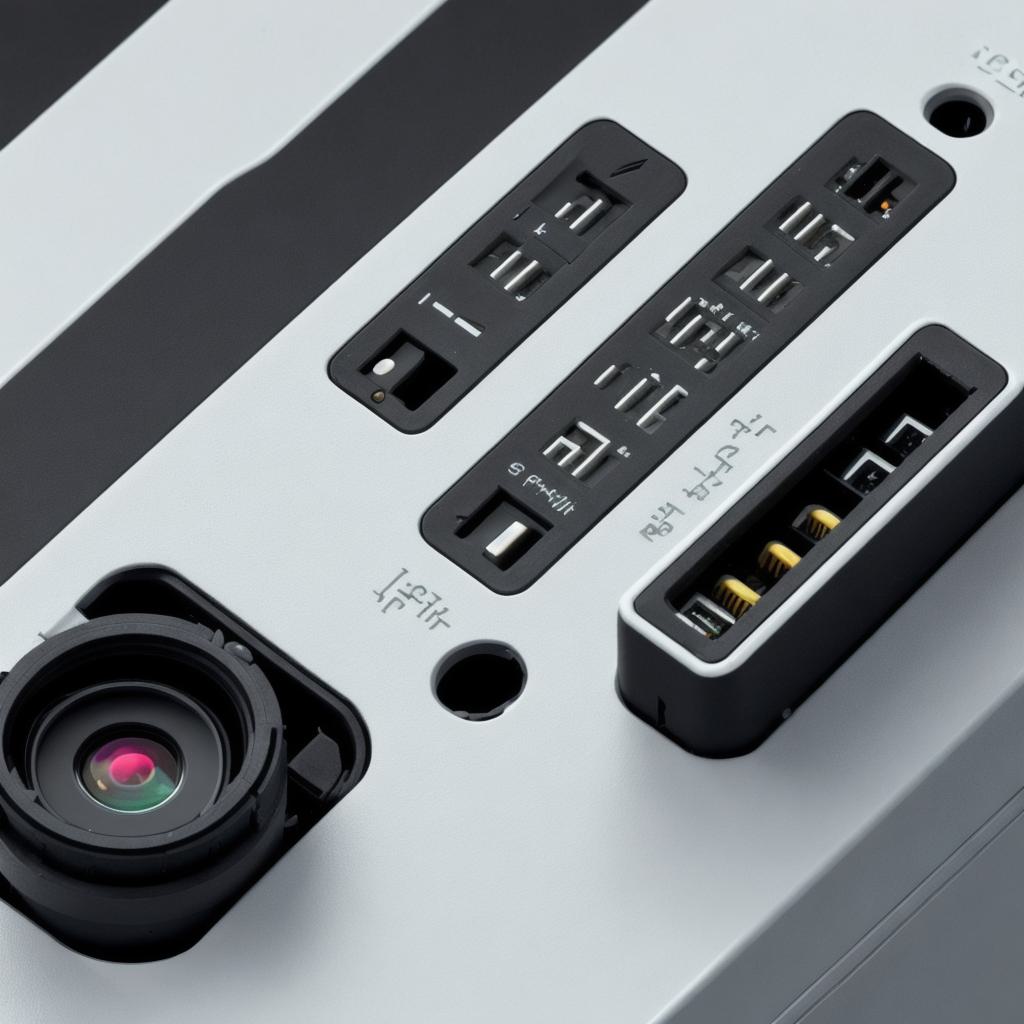As a homeowner or business owner, you understand the importance of protecting your property and assets. One potential threat that many people overlook is lightning strikes. While lighting strikes may seem like an unlikely cause of damage, they can actually pose a significant risk to your security cameras. In this article, we will explore some of the ways you can protect your security cameras from lightning strikes and ensure that they continue to function properly.
The first step in protecting your security cameras from lightning strikes is to install surge protectors. Surge protectors are designed to absorb excess electrical charge and prevent it from damaging your devices. They are particularly important for security cameras, which are often installed outdoors and exposed to the elements.
Another effective way to protect your security cameras from lightning strikes is to use lightning arresters. Lightning arresters work by redirecting lightning strikes away from your property and towards the ground, preventing any damage to your devices. They are particularly useful for larger commercial properties that may have multiple security cameras installed.

In addition to surge protectors and lightning arresters, it’s also important to choose high-quality security cameras that are designed to withstand harsh weather conditions. Look for cameras with sturdy mounting brackets and waterproof casings that can withstand rain, snow, and other extreme weather conditions.
It’s also a good idea to regularly test your surge protectors and lightning arresters to ensure that they are functioning properly. This can help you identify any potential issues before they cause damage to your devices.
Case Study: The Importance of Lightning Protection for Security Cameras
One real-life example of the importance of lightning protection for security cameras is the story of a homeowner in Texas who had a lightning strike hit his property. The lightning strike caused significant damage to the homeowner’s outdoor security camera system, which was not protected by any surge protectors or lightning arresters. As a result, the cameras were rendered unusable and the homeowner was left without a way to monitor his property.
To prevent similar incidents from happening in the future, it’s important to take proactive steps to protect your security cameras from lightning strikes. By installing surge protectors, lightning arresters, and choosing high-quality cameras that are designed to withstand harsh weather conditions, you can ensure that your devices continue to function properly even in the face of extreme weather conditions.
FAQs:
Q: What is a surge protector?
A: A surge protector is an electrical device that protects your devices from damage caused by power surges or voltage spikes.
Q: What is a lightning arrester?
A: A lightning arrester is an electrical device that redirects lightning strikes away from your property and towards the ground, preventing any damage to your devices.
Q: How often should I test my surge protectors and lightning arresters?
A: It’s recommended to test your surge protectors and lightning arrestors at least once a year to ensure that they are functioning properly.
Summary:
In conclusion, protecting your security cameras from lightning strikes is an important step in ensuring the safety and security of your property. By installing surge protectors, lightning arresters, and choosing high-quality cameras that are designed to withstand harsh weather conditions, you can help prevent damage caused by extreme weather events and ensure that your devices continue to function properly. Remember to regularly test your surge protectors and lightning arrestors to catch any potential issues before they cause damage to your devices.



